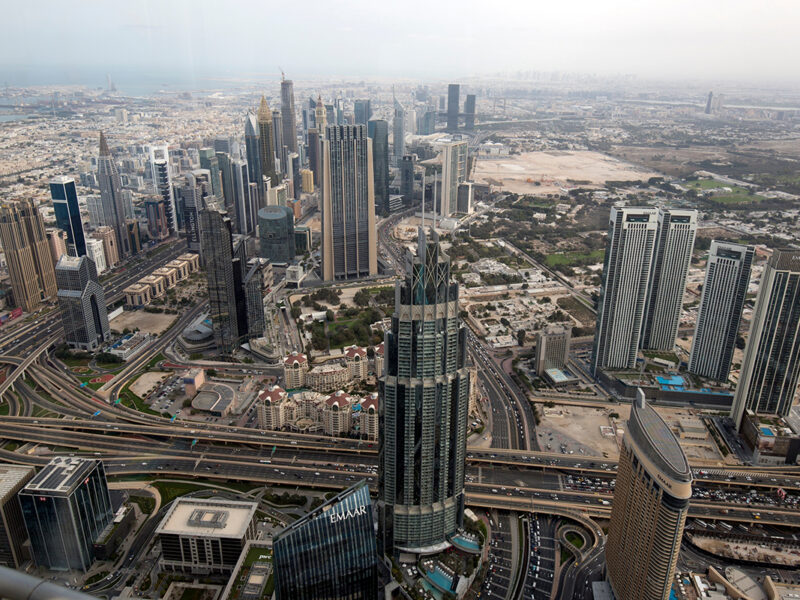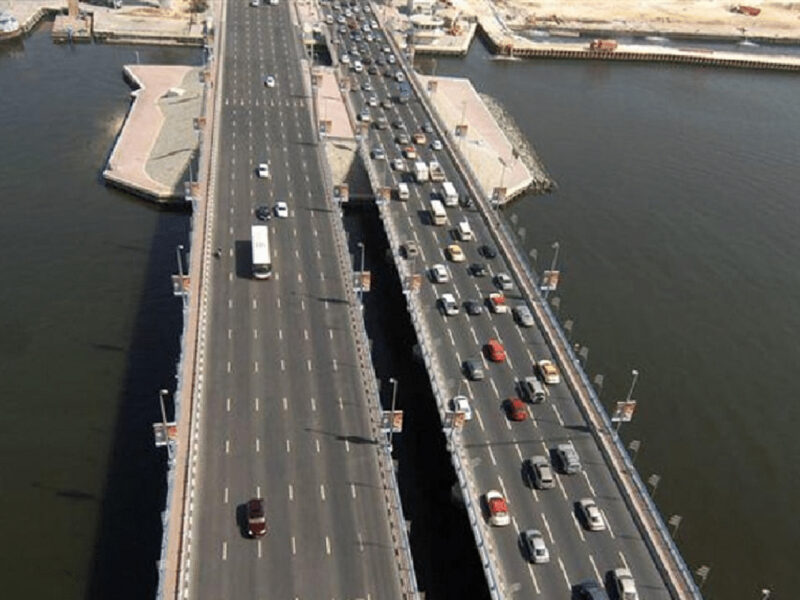Bahrain’s central bank sees no need to change its currency peg to the US dollar despite the greenback’s current weakness, its governor said on Tuesday.
On the sidelines of a financial conference in Manama, Rasheed al Maraj told reporters: “We have repeatedly said our exchange rate policy will remain as is. We will maintain our peg, there is no change to the policy.”
Maraj comments mirror those of other Gulf officials who have said dollar pegs in the world’s top oil exporting region are not at risk.
Periods of the dollar weakness tend to revive questions about the viability of Gulf currency regimes as its countries rely heavily on imports.
However, despite a pick-up, inflation remains in single digits in the Gulf, well below record double-digit peaks seen in most of the region in 2008.
The dollar touched an 11 month low against the basket of currencies early this month following a new round of US monetary policy easing. It had since gained against the euro, hit by ongoing fiscal troubles in Europe.
Inflation in the non-OPEC island kingdom inched up to 2.1 percent on an annual basis in October, a three month high, but still away from a peak of 6.3 percent seen in July 2008.
Maraj also reiterated his last month comments that he expected the Gulf Arab country’s economy to grow by 3-4 percent this year.
A severe downturn in the region’s real estate sector and debt restructuring in Saudi family firms have hurt Bahrain’s banks, a key sector of the economy.
Its economic growth slowed to 4.6 percent in real terms in the second quarter and analysts polled by Reuters expect gross domestic product growth of 3.5 percent in 2010.(Reuters)









